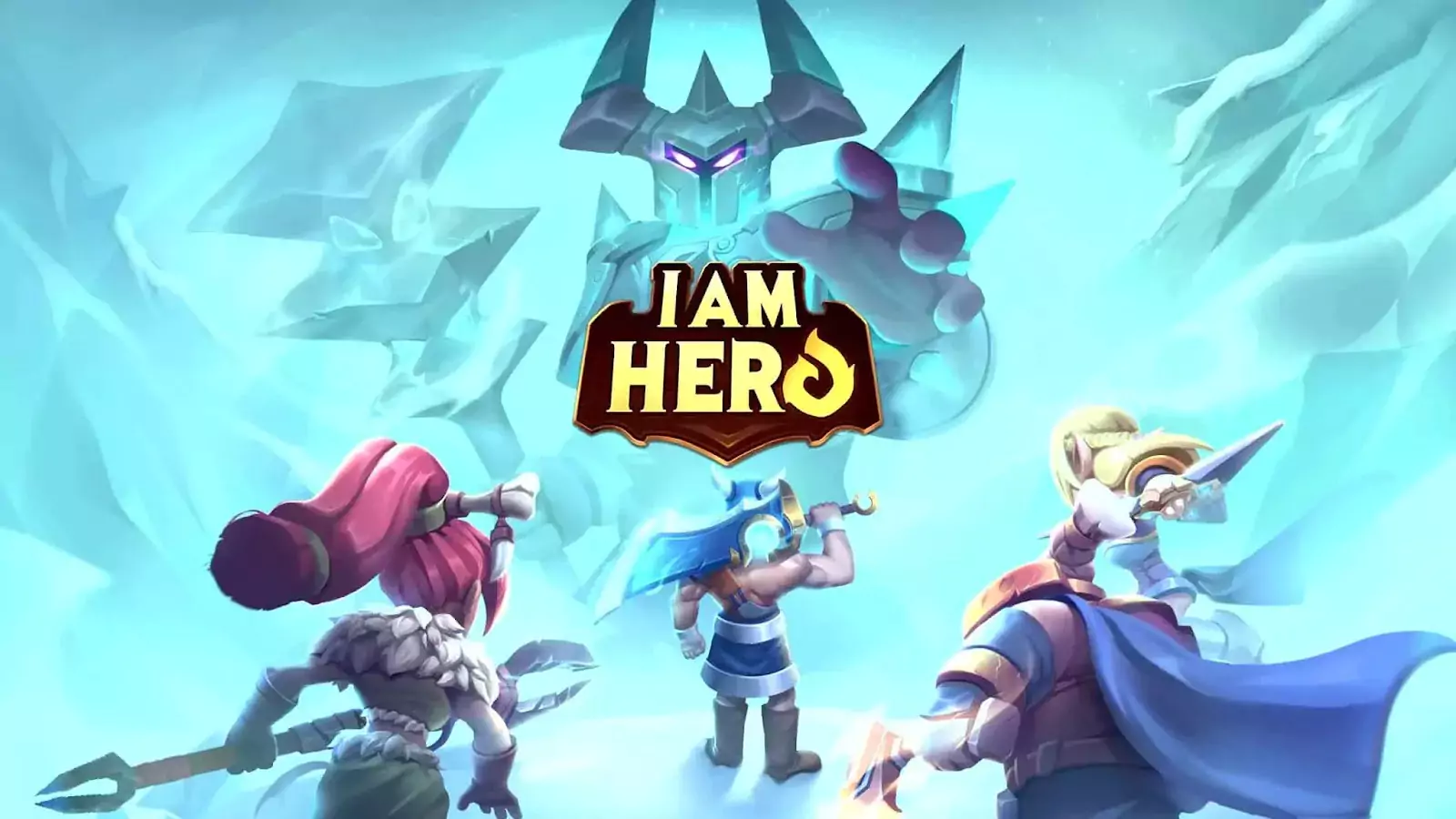League of Legends stands as one of the world’s most iconic multiplayer online battle arena (MOBA) games, boasting over 100 million dedicated players.
This raging popularity stems not just from its highly strategic and addictive gameplay but also the vibrant fantasy world full of imaginative characters that developers Riot Games have built up since its 2009 launch.
Given the game’s phenomenal success, copycat titles aiming to ride its coattails are all but inevitable.
But recently, Riot filed a lawsuit alleging one mobile knockoff essentially lifted content straight from League of Legends.
While the defendant initially contested the claims, the company ultimately agreed to settle the case to the tune of $1 million in damages.
The Questionable New Mobile Release
Singapore-based developer Suga and its Imba Technology studio found themselves in hot water over their 2022 mobile title “I Am Hero: AFK Tactical Teamfight.”
While inspired by the massively influential League of Legends, Riot contends the game appropriated protected creative elements far beyond generic concepts or gameplay mechanics.
Specific alleged infringements included:
- Outright copying of significant portions of text, narration, and dialogue boxes
- Multiple character designs, names (like Zac to Zak and Viktor to Victor), backstories, and abilities ported over nearly verbatim
- Wholesale visual asset theft ranging from interface icons to detailed 3D models
Making matters worse, Riot claims Suga even crafted deceptive marketing to deliberately evoke affiliation with League of Legends.
Examples include stylizing the game title “I Am Hero” to mimic League of Legend’s “Teamfight Tactics” spinoff.
References to series jargon like “imba” (which is also translated as “Riot” in another language) also seemed intentionally designed to mislead fans.
Altogether, Riot argued this comprehensive appropriation went beyond mere tribute into willful copyright violation.

Pushing Back Against Allegations
For their part, Suga and Imba Technology categorically disputed Riot’s accusations:
“We created I Am Hero as an original work with considerable time, effort, research and imagination. There is no copying or infringement whatsoever, and we will defend ourselves vigorously against these baseless claims.”
Their subsequent legal filings did acknowledge some superficial League of Legends inspiration in areas like artwork style and gameplay format.
However, they contended these elements either constituted non-copyrightable concepts and systems or qualified as protected fair use.
Specific defenses against alleged asset theft included assertions that any textual similarities amounted to common genre tropes.
Likewise, contested character designs were categorized as stock archetypes seen across countless games.
Why Settle for $1 Million?
Initially digging in their heels against liability suggests Suga and Imba Technology felt confident rebutting Riot’s infringement claims.
Combined with their Singapore headquarters likely complicating legal jurisdictional issues, why then agree to a hefty $1 million judgment?
Speculation centers on pragmatic risk calculation.
Continued litigation threatened to waste extensive resources and management focus away from game development priorities.
And the sprawling breadth of alleged appropriations made conclusively disproving all creative borrowing daunting, despite arguments that specific assets qualified as unprotected ideas.
Meanwhile, willfully proceeding to profit from content reasonably contended as stolen raised ethical concerns.
The settlement offered a clean break avoiding further distractions or reputation damage, albeit at a steep price.
For context, $1 million equals nearly 10% of Suga Studio’s total $11 million Series B fundraising just last year.
While not an existential hit, that remains a material hit to the bottom line and future investment potential.
Lasting Impacts and Takeaways
With Suga permanently banned from selling I Am Hero in any form, the company loses out on monetizing an asset in which they invested significant development dollars and effort.
But again, the ability to refocus resources towards wholly original content likely factored heavily into their settlement calculus.
Furthermore, the high-profile dispute should discourage other developers from treading too close to IP infringement lines, serving as a warning that billion-dollar publishers like Riot Games have the motivation and means to protect their intellectual property.
But this outcome also highlights the often fuzzy boundaries separating inspiration from illegitimate copying in game development.
While Suga may contend they operated in good faith, their fate illustrates the financial risks of courts finding otherwise.
Treading safely requires erring clearly onto the side of reinventing versus replicating when allege borrowing gets anywhere close to protected creative expression.
Discover more from Gaming Foodle
Subscribe to get the latest posts sent to your email.

